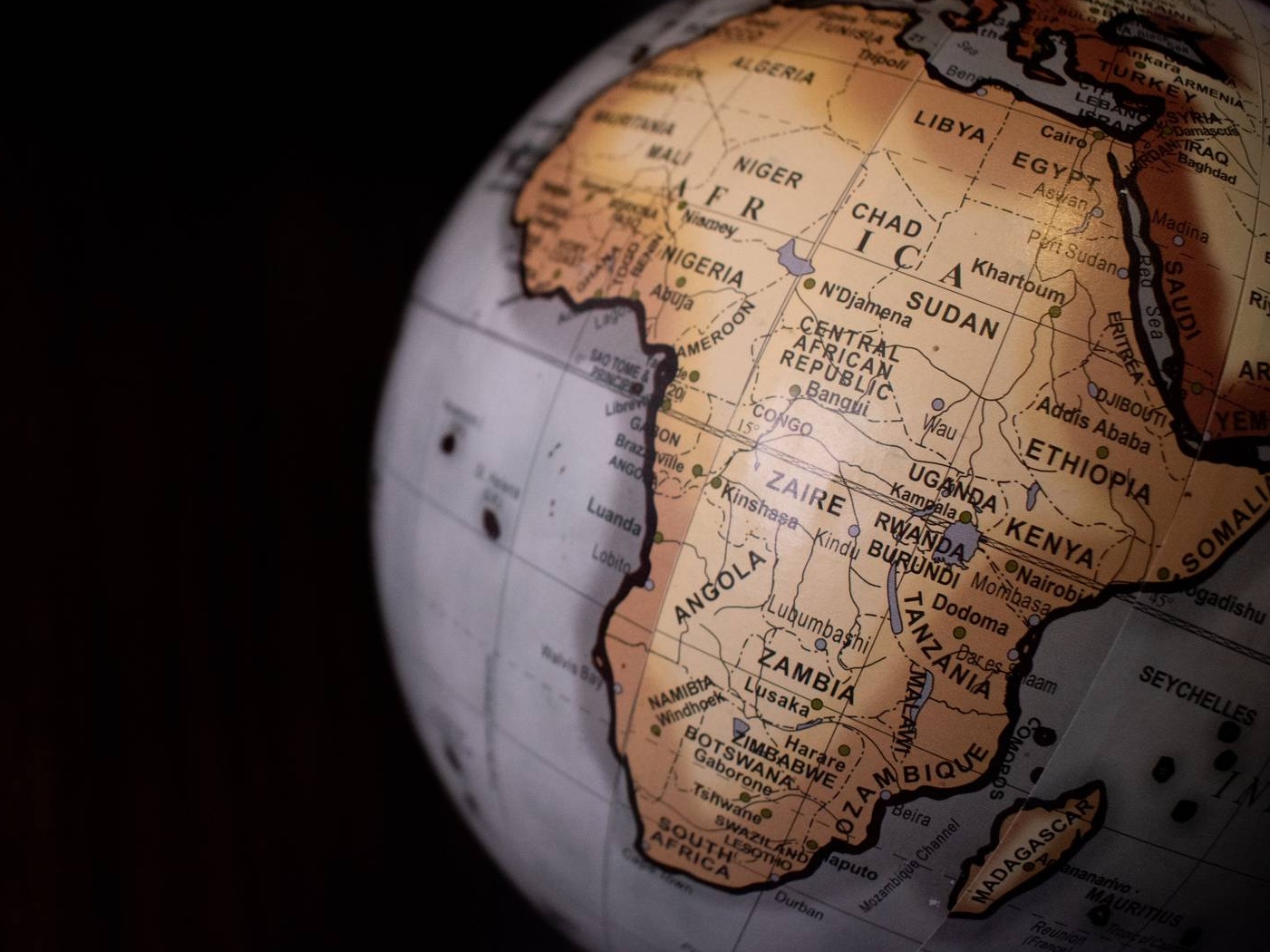
Botswana this week received representatives from 17 African countries participating in the Africa-Japan Joint Research Workshop (AJ-CORE) in its tourist capital Maun, TheVoiceBW newspaper writes on April 24.
Hosting the event in Botswana is seen as a sign of the country’s determination to transition to a knowledge-based economy driven by innovation and research by 2036.
Speaking at the opening of the three-day workshop at the Maun Lodge Hotel on Tuesday, Batawana Deputy Paramount Chief Kgosi Kiletile Moremi said his resort town was an ideal venue for such an event with environmental sustainability at its core .
“We are among the top tourist destinations in Botswana. However, to show the importance of this workshop, it should be noted that the area is rich in cultural heritage, indigenous knowledge and unique ecological species, making it a good place for research,” he said proudly.
“When we talk about research, let’s keep in mind that here in the northwest (Botswana – approx. IA Krasnaya Vesna), We are lucky in this sense. “We are home to one of the best research facilities this country has ever had, the Okavango Research Institute (ORI).”Moremi told his multinational audience.
ORI conducts research in a variety of areas, including climate change adaptation, mitigation, environmental protection and sustainable development.
Kgosi Moremi believes that as the Botswana government seeks to diversify the country’s economy, through research it will be able to tap into the rich uniqueness of the North West region.
“We are already seeing the efforts of our people to use indigenous knowledge to develop products and services that improve their lives. An excellent example is traditional cuisine based on fish, water lilies and other products, which our people continue to improve and thus contribute to sustainable food security, so extensive research is needed in this area.”– he said.
Officially opening the workshop, Permanent Secretary of the Botswana Ministry of Communications, Knowledge and Technology, Pontsho Pusoetsile, noted that it was an important moment for all participants.
“Joining forces between Japan and the African continent to conduct joint research is a great step towards solving local and global problems through scientific research.”he said.
Among the many challenges facing the world and the African continent today, Pusoetsile cited hunger and malnutrition, epidemics, poor sanitation, climate change, global warming and environmental degradation.
“Global indicators show that Africa still has a long way to go,” he warned.
The Africa-Japan Cooperation Research Program is a platform for collaboration between African countries and Japan to leverage scientific research and innovation to address common challenges.
Pusoetsile believes this partnership will deliver inclusive socio-economic growth and ultimately improve the quality of life of Africa’s citizens.
Director of International Research Grants at the National Research Foundation of South Africa (NFR), Dr. Prudence Makhura, explained that Africa-AJ-CORE is a partnership between the NFR and the Japan Science and Technology Agency (JST) to support to the ministry and the council for joint grants for research and innovation in specific areas of science by scientists from Japan, South Africa and 17 other African countries participating in the Science Grants Council Initiative (SGCI).
Participating countries in southern Africa include: Botswana, South Africa, Malawi, Mozambique, Namibia, Zambia and Zimbabwe.
The following countries have also joined the ICMS, which was launched in 2015: Ethiopia, Kenya, Rwanda, Tanzania, Uganda, Burkina Faso, Ivory Coast, Ghana, Nigeria, Senegal and Sierra Leone.
Source: Rossa Primavera
I am Michael Melvin, an experienced news writer with a passion for uncovering stories and bringing them to the public. I have been working in the news industry for over five years now, and my work has been published on multiple websites. As an author at 24 News Reporters, I cover world section of current events stories that are both informative and captivating to read.
